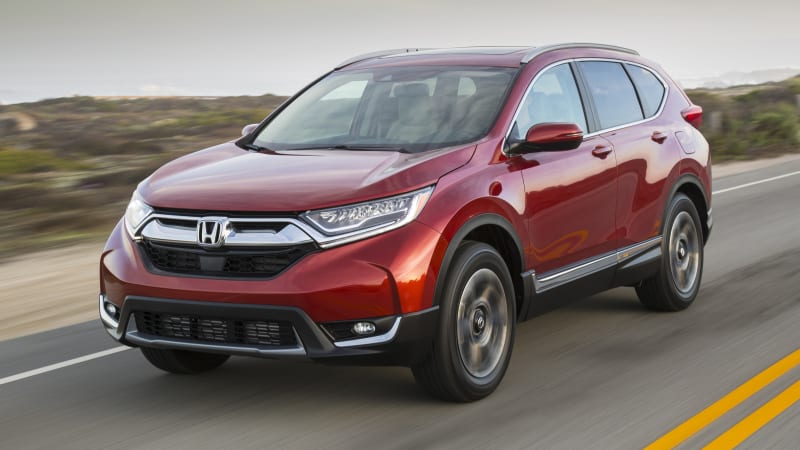Audi Repair Shop Doylestown
Call 267 279 9477 to schedule a appointment

has a problem on its hand with the
in 1.5-liter turbo four-cylinder form. It admitted as much in response to a story from
. Gasoline that hasn’t been vaporized in combustion appears to be washing down the cylinders and mixing with the oil on some cars, a big problem indeed. We asked Honda about this issue, and a Honda spokesperson sent us this:
“Honda has received some reports in the United States of irregularly high oil levels in certain 2017-2018
vehicles equipped with 1.5-liter engines, primarily from the northern areas of the country during extreme cold weather conditions combined with short, intermittent driving. Honda has been investigating the situation and developing a remedy, which we hope to make available through authorized Honda
by mid-November 2018.”
We’ve gotten here because some
owners have been complaining to dealers about high oil levels. Obviously, a car’s oil level can’t “increase” on its own, and in this case it’s because gasoline is eventually making its way into the oil pan, causing the reading to be high. Thus far, it appears as though Honda dealers have been
in cars where this has become an issue. That action merely pushes the problem further down the road as Honda figures out a permanent fix, though.
For the U.S. this problem appears contained to the CR-V.
uses a 1.5-liter turbocharged four-cylinder in the
too, but that’s a different engine for the U.S. and reportedly doesn’t suffer from this problem. Another interesting factoid to note, Honda recalled certain 2018 CR-Vs and 2016-2017
in China for a similar issue. The fix in that case was to adjust a fuel-injection setting that could cause unburnt fuel to make its way into the crankcase at temperatures below -4 degrees Fahrenheit. That cold temperature factor is consistent to Honda’s original statement, where it talks about the problem cropping up in cars from cold climates. We definitely buy that the problem would be related to cold ambient temperatures, since the engine will naturally take longer to warm up in climates like that. However, the report from
stated that people are complaining about the issue in other warmer regions like New Mexico and Texas too.
We’d like to point out that gasoline mixing with oil is definitely bad for the longevity and general health of your engine. If the oil is diluted, it can’t properly lubricate the engine, causing rapid wear on components. We asked Honda what its game plan was for engines affected by this potential damage, including possible replacement. Honda said that it won’t have an answer to that question until its investigation is completed and the remedy is made available to owners. Since the problem has been identified, Honda says that whatever “enhancement” it decides is needed for 2017-18 CR-Vs will also be applied to the 2019 model year before sale. We’ll know more official information about the issue once Honda finishes its investigation and comes out with a fix sometime in November.
Related video:
from Autoblog https://ift.tt/2yiIRcd
